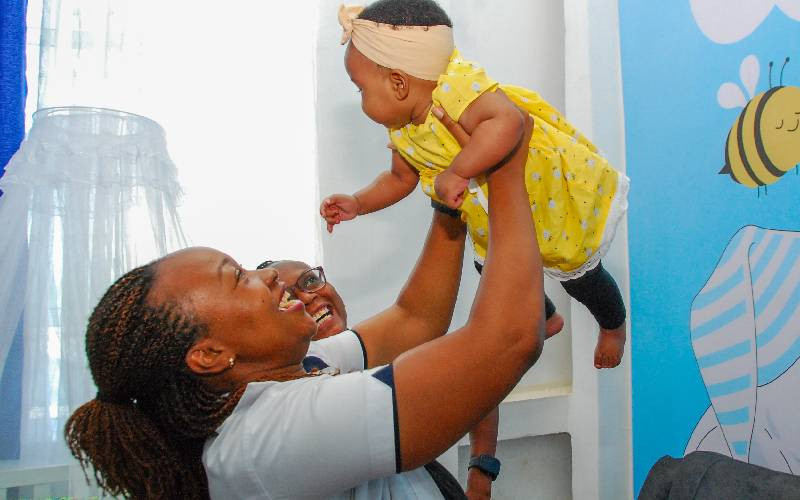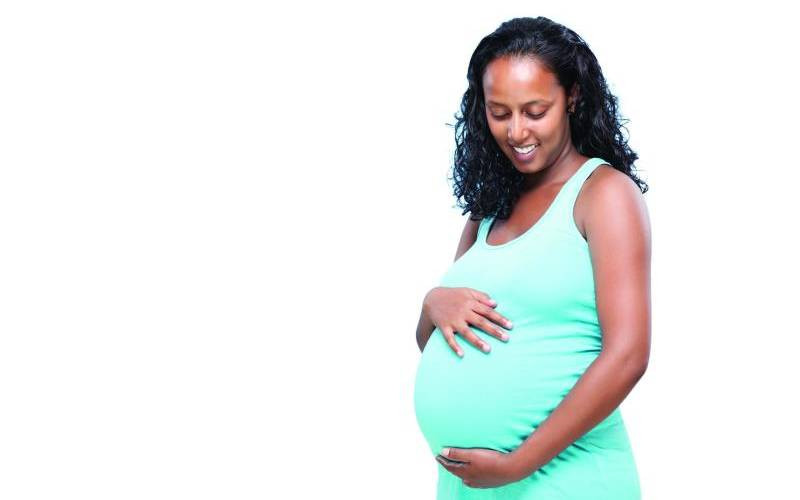Fact is, menopause happens to all women eventually. Itis a natural physiological process that marks the end of fertility in women—cessation of ovulation and menstruation— with the average age at 51.5 years among Kenyan women. But it can happen as early as 30’s. Research published in the US National Library of Medicine journal estimates that premature menopause affects 1 per cent of women under the age of 40 years. Women who undergo premature menopause are at an elevated risk of developing heart disease, osteoporosis and depression.
Grandmother hypothesis
George Christopher Williams, an evolutionary biologist hypothesised that menopause might be an adaptation. In his explanation, William suggested that older women would avoid reproductive activities and instead focus on enhancing support to the already existing offspring. This is what he termed as the “grandmother hypothesis”; which is meant to ensure survival of existing lineage. Based on the idea that women would invest more time in family, and the existing hypothesis that married women have a later age on natural menopause than unmarried women, scientists at the University College London observed that women who engage in sexual activity weekly or monthly have a reduced risk of premature menopause compares to those who had some form of sexual activity less than monthly. Who would have thought that women who are more sexually active would retain fertility for much longer than women who have sex less frequently? Basically, what this means is that women have to use it or lose it!
 The Standard Group Plc is a multi-media organization with investments in media
platforms spanning newspaper print
operations, television, radio broadcasting, digital and online services. The
Standard Group is recognized as a
leading multi-media house in Kenya with a key influence in matters of national
and international interest.
The Standard Group Plc is a multi-media organization with investments in media
platforms spanning newspaper print
operations, television, radio broadcasting, digital and online services. The
Standard Group is recognized as a
leading multi-media house in Kenya with a key influence in matters of national
and international interest.











